We are often asked by parents if we think their child has dyslexia when the child is having difficulty learning to read. This question certainly is raised if the child is reversing letters or numbers in writing. There seems to be a certain mystic around the term “dyslexia”. “Dyslexia” simply means “difficutly with words” as dys means “difficult” and lexia, “words”. The term “dyslexia” is used mostly used within the medical profession when describing children who are struggling with reading. In the school setting, when a child’s reading difficulty is so severe that he or she requires special education, the child is often labeled with a “Specific Learning Disability” (SLD). We know that dyslexia occur on continuum. The International Dyslexia Association (IDA) reports that perhaps 15-20% of the population may have some of the symptoms of dyslexia (slow and inaccurate reading, poor spelling and writing, or mixing up words). It is estimated that approximately 6-7% of the school population have academic difficulties so severe that they require special education under the category of SLD (the vast majority being reading realted). So, in other words, children whose reading difficulties are so severe that they require special education are in fact dyslexic (have difficulty with words). There are, however, children who have difficulty with reading, who do in fact meet the definition of “dyslexia”, however do not require special education services within the school. The Dyslexia Basics article authored by the IDA is a helpful article that you can provide to parents. The article addresses the definition, symptoms, causes and treatment of dyslexia and learning disabilities.
If an article just isn’t enough, and you’d like more information on dyslexia and reading difficulties, my all time favorite resource book is Overcoming Dyslexia by Sally Shaywitz. Dr. Shaywitz is a pediatric neuroscientist from Yale University. It’s a great book for both parents and teachers.
Whether children qualify for special education services or not, we do know that children with reading difficulites benefit from systematic and explicit language-based intervention to improve their reading skills. These children often benefit from the use of a multisensory approach (using all the senses). In addition, instruction needs to be provided within small groups so that the teacher can provide immediate and corrective feedback and students need added practice (more than children who are learning to read normally) on specific skills. The Orton-Gillingham approach is often associated with the multisensory, phonics-based, explict/systematic instruction geared towards students with dyslexia. In our schools, we use a program based on the Orton-Gillingham methods, Phonics First, through the Reading and Language Arts Center (RLAC). Most of our Title One teachers, Reading Specialists and special education teachers have received this training.
While looking through the education section at a local book store I found this book, School Success for Kids with Dyslexia. I love this book as it is geared more towards the intervention component for students with reading difficulties.
The intervention section of the book requires the use of a “Phonics Deck”. You can certainly make your own (and the book tells you exactly what to do), or you can download the deck I created for you. You’ll need the phonics deck for both the assessment and intervention. Be sure to print the deck single-sided to doubled-sided on cardstock as I provided key words for the correct pronunciation of the sound. There are 154 cards covering vowels, consonants, vowel teams, initial and final blends, r-controlled vowels, consonant digraphs, special phonograms, consonant +le, Vowel+Consonant+Consonant, and Final Stable Syllables.
Click the following link to download the Phonics Cards Phonics Deck
Here are a few of my favorite online resources. Reading Rockets is really my favorite website for all things education-related. Here’s a link to their Dyslexia page. Be sure to watch the brain imaging video clips which can be found in the multi-media section–absolutely facinating!
Click HERE to go to Reading Rockets Dylexia Resource page
LD Online is another awesome website with tons of great information on learning disabilities. Click HERE to access this webpage.
While poking around these websites I found a link to a HBO documentary on dyslexia that looks absolutely fabulous. I watched the movie trailer and it features Dr. Sally Shaywitz and many high achieving people with dyslexia. Check out The Big Picture website. There are tons of resources too. It’s brand new and I just ordered it!
I hope you find these resources valuable in helping to understand dyslexia/reading disabilities. If you have favorite resources, just leaving a comment below.
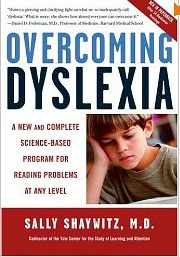
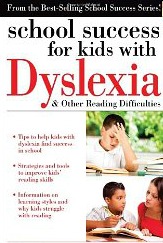

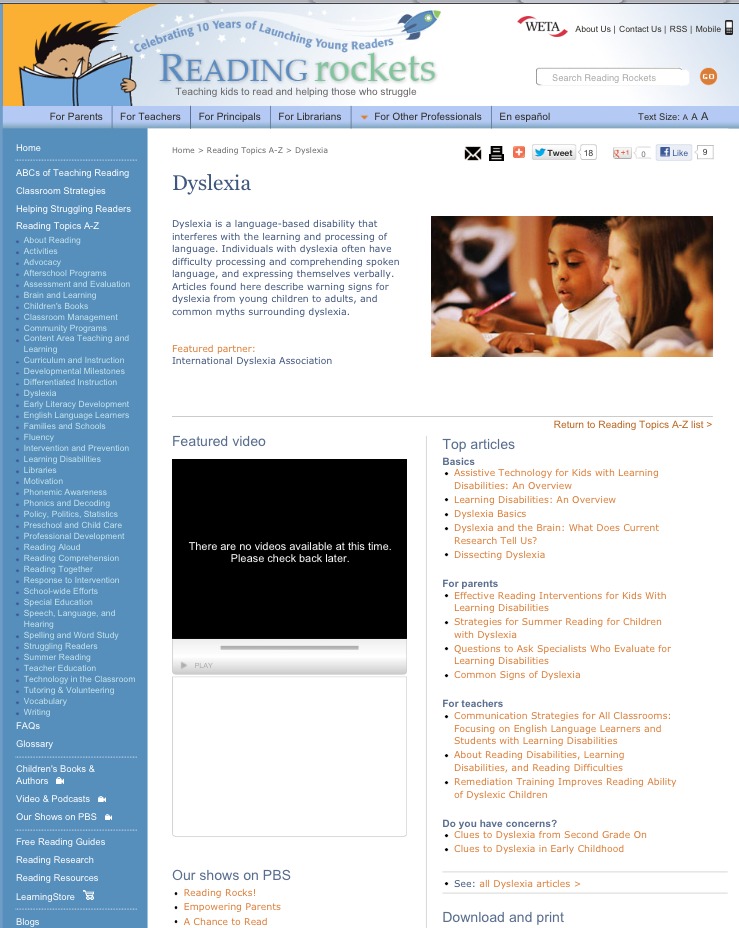
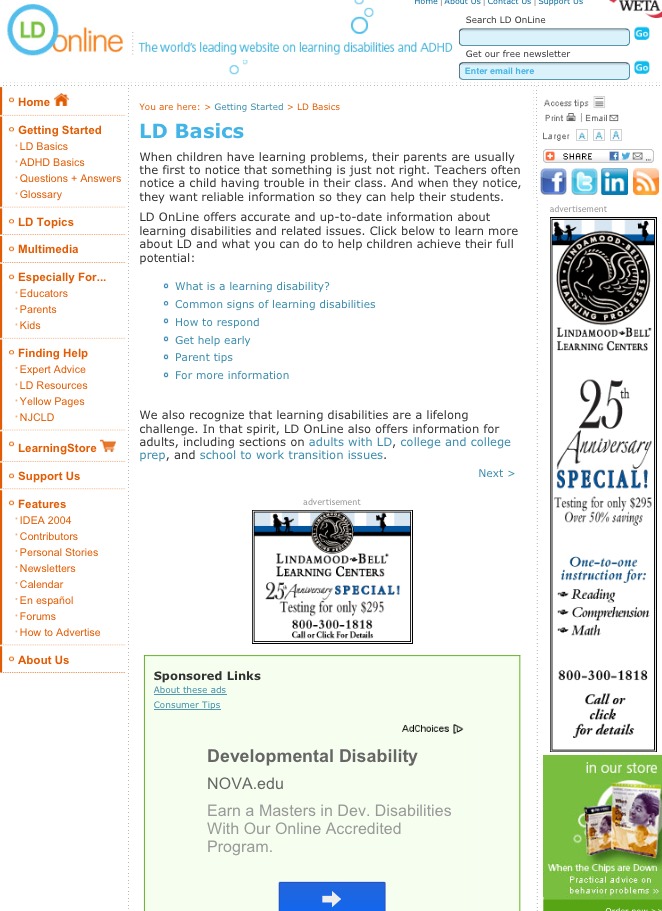
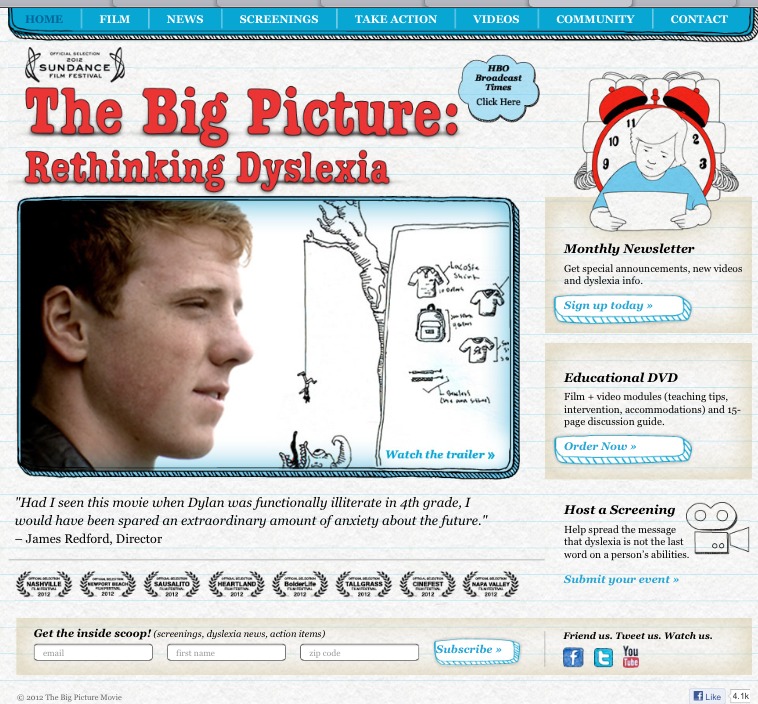

Thank you so much for taking the time to post these dyslexia links. If I ever get around to writing on my old homeschool blog again I’ll link to it. I think I read Overcoming Dyslexia a couple years ago and it was a very informative book. (Not positive that’s the book I read though.)
It’s an awesome resource. Thanks for leaving a comment.
I too want to thank you for posting. I just ran across your site and clicked on Sept. and I am glad I did! I just went to a dyslexia workshop on my first day off for the summer and it was a total waste of time!! They just wanted to sell a program. I have been teaching for over 20 years and have been waiting for training. Thanks to you I can stop waiting and start doing something. I am sure you have helped countless other teachers like myself even though they did not post a comment. I felt compelled to do so. Many thanks!!!
Paula
Thanks so much for leaving such a sweet comment. Glad the post was helpful and I love it when people leave comments–I never really know if people actually are reading the posts. Comments make it so worthwhile. Thanks. Julie